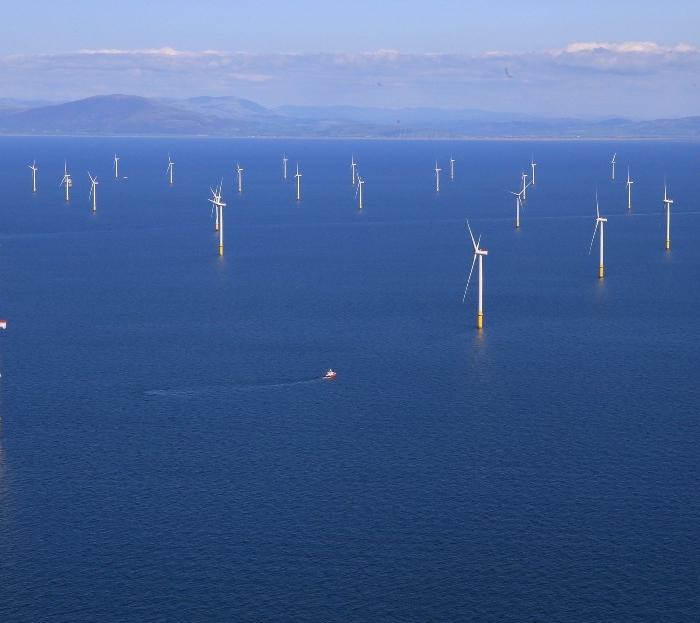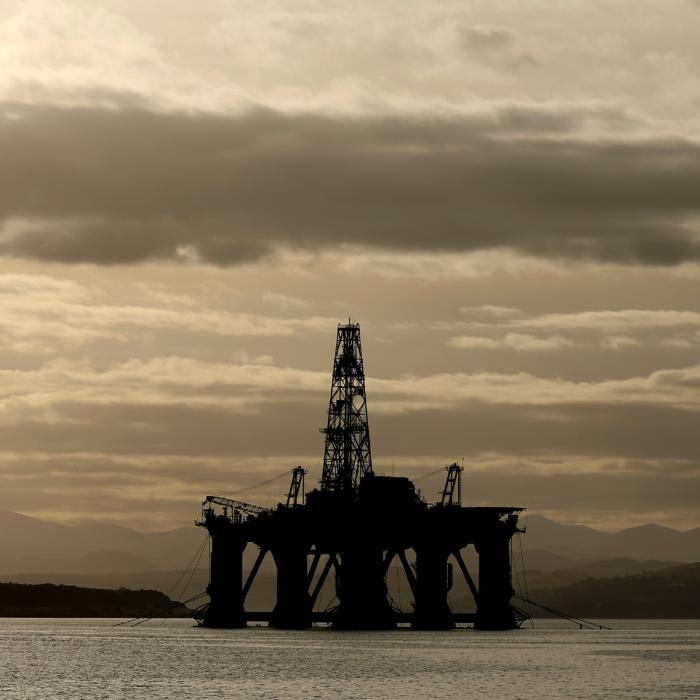The oil company Deltic Energy has blamed “negative political rhetoric” and fiscal uncertainty for not securing financing for a major North Sea gas project.
On Tuesday in a notification on the London Stock Exchange, Deltic wrote that “deteriorating sentiment towards the oil and gas industry as a result of ongoing fiscal volatility and negative political rhetoric in the run-up to the July election” was the reason behind its decision to drop an oil project.
The North Sea firm said that it was pulling out of a project to develop Pensacola, which could contain 326 million barrels of oil.
Political Football
Deltic Chairman Mark Lappin wrote on LinkedIn on June 10 that “associated jobs and economy are being treated like a political football.”Labour, which is currently odds-on favourite to win the next general election, has said it plans to fund a publicly owned “clean energy company” called Great British Energy, funded through a windfall tax on oil and gas giants.
In 2022, the Conservative government introduced a tax on oil and gas companies’ windfall profits, which Chancellor Jeremy Hunt said this year he would extend into 2029.
The Tories have introduced the goal of reaching net zero by 2050 into law, though they also argue that the UK still relies on domestic oil and gas production and that this will “continue to be the case over the coming decades.”
Industry Confidence Plummeting
Recent policies and uncertainty over the political future have prompted other operators to walk away from projects.It claimed that the next government will have just “100 days to save 100,000 jobs” in the North Sea energy sector as companies consider pulling investment from the UK.
Viaro Energy CEO Francesco Mazzagatti at the time said that a £400 million project was delayed owing to the unpredictability of the current tax regime, with stricter windfall tax measures applied four times in two years.
‘Designated Bad Guy’
In response to Deltic Energy’s comments, Mr. Mazzagatti told The Epoch Times by email that “the dominant public discourse on the oil and gas industry is negative in general, and not just in the UK.”“As for the current political rhetoric, something like this is to be expected in an election year where we will, for all intents and purposes, likely see a major shift. But when it comes to business decisions and the good of the economy, it is important to look for solutions beyond low-hanging political points that come with blaming the designated bad guy in the current climate crisis—that is, the oil and gas industry,” he said.
He said that climate change “needs to be addressed urgently,” but what that means at this stage is “that the government (any government) and the industry should map out a sustainable plan of action for long-term change instead of pointing fingers, which is not productive and there is plenty of blame to go around if we set out to look for it.”
He said that in “the immediate future, a discussion on how the tax can be restructured so that it does not alienate investors and delay viable projects indefinitely is needed.”
A spokesman for Shell told The Epoch Times by email that it is “continuing to carefully appraise Pensacola to understand the commerciality of the prospect.”
He said that the company is “disappointed that Deltic are withdrawing from the license,” but it “remained confident” that along with exploration and production company ONE-Dyas, the “opportunity can be thoroughly assessed.”







